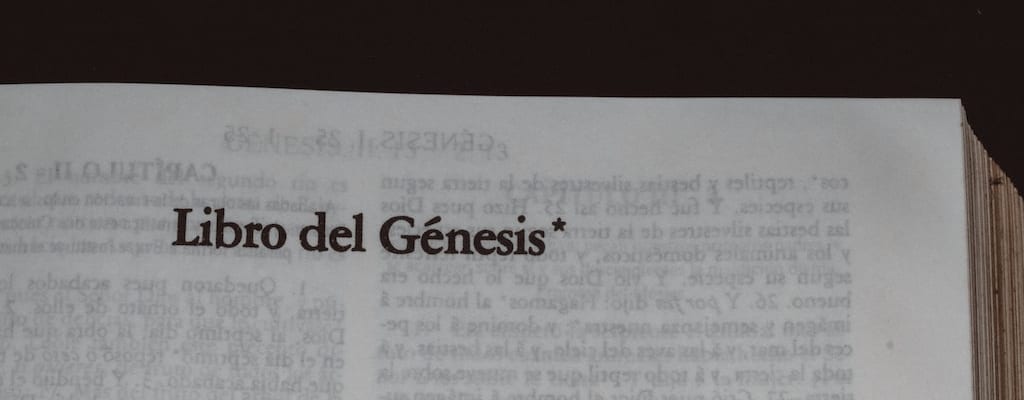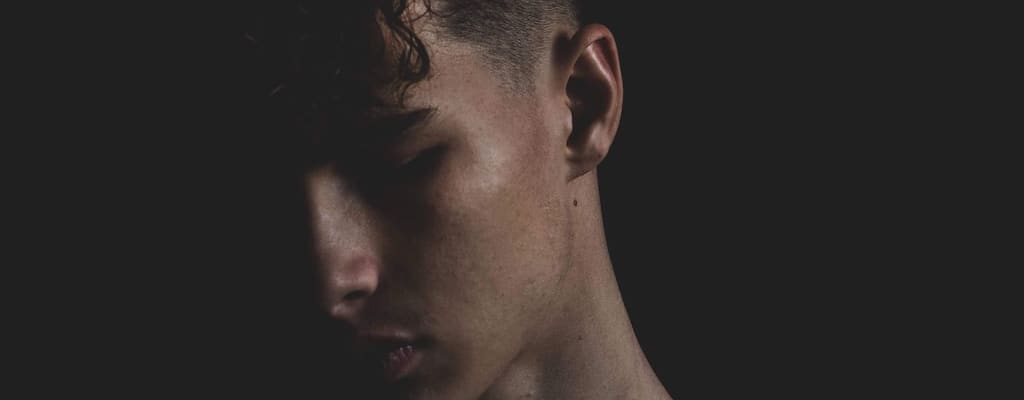look over one’s shoulder: Idiom Meaning and Origin
What does ‘look over one's shoulder’ mean?
The idiom "look over one's shoulder" means to be cautious or fearful of potential danger or competition, often due to a sense of insecurity or paranoia.

Idiom Explorer
The idiom "roof over one's head" means having a place to live or having shelter. It emphasizes the basic necessity of having a roof to protect oneself from the elements.
The idiom "rear one's head" means to appear or become evident after a period of inactivity or hiding.
The idiom "put one over" means to deceive or trick someone in a clever or sneaky way.
The idiom "poke someone's eye out" means to physically harm or injure someone by poking their eye with force. It is often used figuratively to warn against the potential consequences of reckless actions or careless behavior.
The idiom "overstep the mark" means to go beyond the limits of what is considered acceptable or appropriate behavior.
The idiom "over one's head" means to be too difficult or complex for someone to understand or comprehend.
The idiom "on the outside, looking in" means to be excluded or feel excluded from a group or activity, typically observing it from a distance and feeling a sense of isolation or being left out.
The idiom "on one's watch" means being responsible for something or someone during one's assigned time or period of duty.
The idiom "one's heart in one's mouth" means to be extremely anxious or fearful.
Decoding the Gesture
The idiom "look over one's shoulder" is a commonly used phrase in the English language. It has a figurative meaning and is often used to describe a sense of paranoia or unease. When someone "looks over their shoulder," it means that they are constantly checking or being cautious about potential threats or dangers from behind them.
The origin of this idiom draws from the literal action of physically turning one's head to look behind them. It is believed that the idiom's roots can be traced back to our instinctive need for self-preservation. In nature, many animals have a natural tendency to monitor their surroundings and detect any potential predators. This behavior can be seen in various species, such as deer or birds, which are often observed looking over their shoulders to ensure their safety.
The figurative usage of the idiom has evolved over time, becoming a metaphorical expression for vigilance or anxiety. It is frequently employed in contexts where individuals feel threatened or under constant pressure, whether it be in a competitive work environment or facing personal challenges. People might "look over their shoulder" due to past experiences or a general sense of insecurity.
The idiom "look over one's shoulder" possesses a connotation of caution and suspicion. It implies that individuals are aware of potential risks or consequences and are actively taking precautions to avoid them. It can also imply a lack of trust or a belief that someone is being watched or surveilled. This sentiment is often associated with a feeling of unease or discomfort.
The idiom "look over one's shoulder" captures the essence of vigilance and apprehension. It conveys a sense of perpetual wariness and the constant need to be on guard. Whether it is derived from our primal instincts or a testament to our societal anxieties, this idiom serves as a reminder of our instinctive desire to protect ourselves from any potential threats that may lurk.
Idiom: look out
The idiom "look out" is closely related to "look over one's shoulder." While "look over one's shoulder" specifically refers to being cautious about potential threats from behind, "look out" has a broader meaning. When someone tells you to "look out," they are warning you to be mindful and aware of your surroundings, as there may be dangers or hazards present.
Just like "look over one's shoulder," "look out" implies the need for vigilance and attentiveness. It is a call to be proactive in anticipating and avoiding potential risks. By keeping a lookout, you are actively taking responsibility for your safety and well-being, making sure to navigate your environment with care.
Idiom: on one's watch
The idiom "on one's watch" carries a similar message to "look over one's shoulder," albeit in a different context. While "look over one's shoulder" pertains to personal vigilance, "on one's watch" specifically refers to a person's responsibility and accountability for a particular task or situation.
When someone is "on their watch," they are responsible for ensuring that everything runs smoothly and that any potential issues or threats are addressed and resolved promptly. It implies a duty to actively monitor and assess the situation, much like looking over one's shoulder to keep a keen eye on what's happening.
Being "on one's watch" requires attentiveness, proactivity, and the ability to anticipate and respond swiftly to any challenges or risks that may arise. It is a responsibility that one takes seriously, as the well-being and success of the task or situation depend on their watchful eyes.
Idiom: look the other way
The idiom "look the other way" is the opposite of "look over one's shoulder" in terms of vigilance and awareness. When someone "looks the other way," they deliberately choose to ignore or avoid noticing something, especially when it involves wrongdoing or misconduct.
While "look over one's shoulder" encourages individuals to be cautious and alert to potential threats, "look the other way" implies a conscious decision to turn a blind eye and disregard any potential risks or issues. It can signify a lack of accountability or the desire to avoid getting involved or taking responsibility for a situation.
Choosing to "look the other way" can have consequences, as it may allow problems to persist or escalate without intervention. Unlike "look over one's shoulder," which emphasizes the need for vigilance and caution, "look the other way" suggests a passive stance, where individuals choose not to engage or address the situation at hand.
Idiom: look on
The idiom "look on" is related to "look over one's shoulder" in terms of observation and perception. While "look over one's shoulder" refers to being cautious and watchful, "look on" involves observing a situation or event from a distance without actively participating or intervening.
When someone "looks on," they are essentially acting as an observer, witnessing what is happening without taking any direct action. This idiom implies detachment and a passive role, where one merely observes the outcome or consequences without influencing or being affected by them.
While "look over one's shoulder" emphasizes the need for vigilance and active engagement, "look on" suggests a more passive approach, where individuals choose to be passive spectators rather than active participants.
Idiom: look before one leaps
The idiom "look before one leaps" shares a common thread with "look over one's shoulder" in terms of caution and preparedness. While "look over one's shoulder" refers to being vigilant about potential threats, "look before one leaps" emphasizes the importance of careful consideration and assessment before taking action.
This idiom encourages individuals to weigh the potential risks and consequences before making a decision or taking a leap of faith. It emphasizes the need for thoughtful evaluation and deliberation, much like looking over one's shoulder to assess the potential dangers before proceeding.
"Look before one leaps" advises individuals to pause, reflect, and gather enough information or insight to make an informed choice. It is a reminder to avoid impulsive decisions and take the time to assess the situation, mitigating any potential risks or negative outcomes that may arise.
The idiom "look over one's shoulder" conveys a sense of constant vigilance and caution, reflecting our instinctive need for self-preservation. It is closely related to idioms like "look out," "on one's watch," "look the other way," "look on," and "look before one leaps," all of which highlight different aspects of observation, awareness, and decision-making. These idioms collectively demonstrate the importance of being mindful, proactive, and deliberate in navigating various situations in life.
Example usage
Examples of how the idiom *look over one's shoulder* can be used in a sentence:
- She always feels the need to look over her shoulder when walking alone at night.
- The team's success has caused the competitors to constantly look over their shoulders.
- After the incident, he could never work peacefully without looking over his shoulder.
More "Paranoia" idioms
We missed the mark - nothing found.



